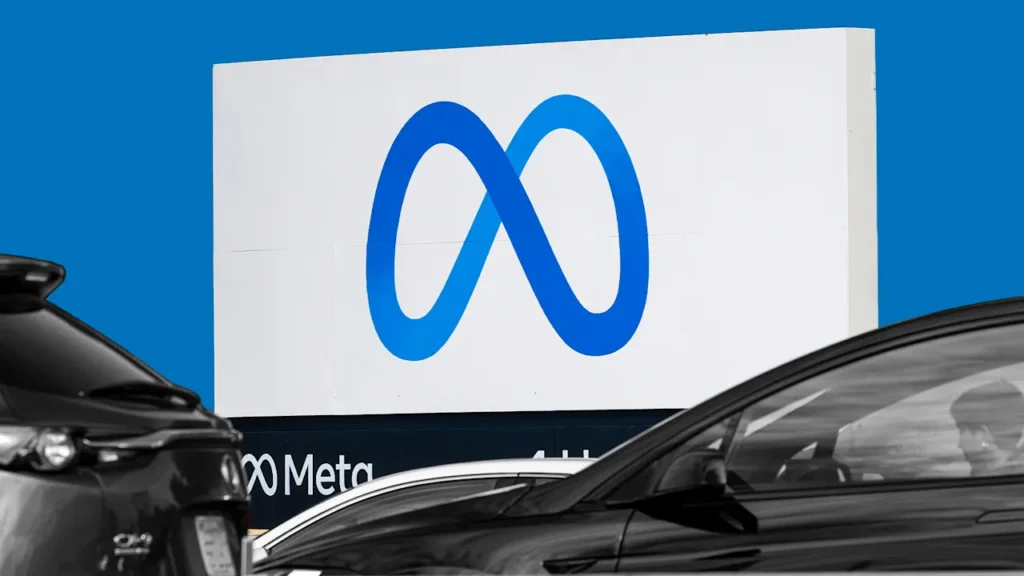
Shares of Meta Platforms (Nasdaq: META) were down about 9% in premarket trading on Thursday. It follows what can only be described as a mixed bag of a quarter-three earnings report on Wednesday, October 30.
On the one hand, Meta announced $51.2 billion in revenue, a 26% increase year-over-year (YOY) from $40.6 billion and a quarterly record for the company. The boost also beat Wall Street’s estimate of $49.6 billion, according to consensus estimates cited by Bloomberg.
However, Meta also reported a non-cash income tax charge of $15.93 billion. This one-time charge led to a significant decrease—83%—in Meta’s net income YOY. It also meant the company’s earnings per share dropped to $1.05 from 2024’s $6.03.
While the parent company of Facebook, Instagram, WhatsApp, and Threads points out that its earnings per share would have been $7.25 without the tax charge, in reality it severely missed Wall Street’s predicted $6.70, according to consensus estimates cited by the Guardian.
“Our compute needs have continued to expand”
Meta also increased its estimated total expenses for 2025, from between $114 billion and $118 billion to $116 billion and $118 billion. Similarly, its estimated capital expenditures for the year rose to $70 billion to $72 billion, up from a range of $66 billion to $72 billion.
Why the higher numbers? It all comes down to AI.
In an earnings call, CEO Mark Zuckerberg stated that despite building an “aggressive assumption” worth of AI infrastructure, the demand keeps increasing in a way that “is very likely to be a profitable thing.”
He claimed that there are more than a billion people actively using Meta AI on a monthly basis.
“As we have begun to plan for next year, it’s become clear that our compute needs have continued to expand meaningfully, including versus our own expectations last quarter,” Zuckerberg stated. “We are still working through our capacity plans for next year, but we expect to invest aggressively to meet these needs, both by building our own infrastructure and contracting with third-party cloud providers.”
Zuckerberg does admit that there could be unnecessary overflow, but he claims that it could be converted into “intelligence and better recommendations” for Meta’s family of apps and advertisements.
He further shared that capital expenditures and total expenses will be “significantly” higher in 2026 than 2025, due to infrastructure and employee compensation costs.
Notably, Meta laid off 600 people from its AI “superintelligence” research lab just last week.
“By reducing the size of our team, fewer conversations will be required to make a decision, and each person will be more load-bearing and have more scope and impact,” Meta chief AI officer Alexandr Wang stated in a memo about the layoffs.
Zuckerberg only announced the new “superintelligence” lab in June.
